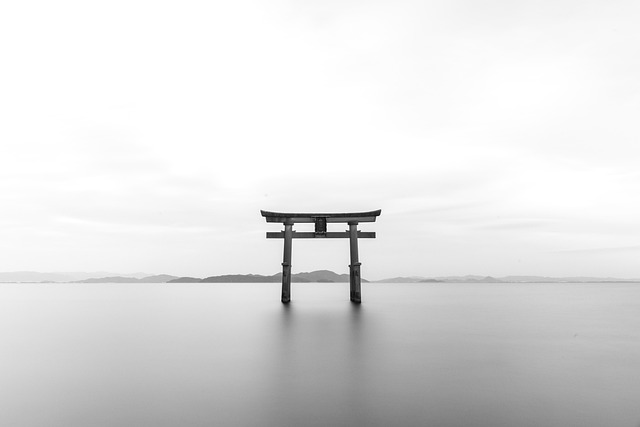When most people think of Japan, they think of the primary islands: Honshu, Hokkaido, Kyushu, and Shikoku. But, it turns out, Japan has more islands than previously estimated. In fact, the country just discovered that an additional 7,000 islands are part of its maritime borders.
The discovery was made by the University of Tokyo’s Research Center for Advanced Science and Technology, which used satellite images to map the marine boundaries of all the countries within the 58th parallel north, stretching from South Korea to Russia. This data revealed that Japan has more than 6,852 islands, with the majority being uninhabited and small—in fact, it’s estimated that many are less than a hectare in size.
This is not the first time Japan has discovered further islands since its official 4-island composition, which was first confirmed in the Meiji period of 1868-1912. Over the years, the nation’s maritime boundary has expanded with the discovery of other islands, including Okinawa and the Ogasawara islands in the South Pacific.
Japan joining the United Nations Convention on the Law of the Sea (UNCLOS) in 1996 was a major factor that allowed the team to make its recent discovery. Not only did the country obtain much-needed scientific data for its territorial regulations, but it also laid claim to a larger marine area and opened the gates for potentially more islands to be discovered.
The addition of more than 7,000 islands could have wide-reaching implications for Japan’s commercial and military might. For example, some of the new islands could be used to expand the fishing industry, or hold more nuclear power plants as the government seeks to reduce its reliance on fossil fuels. Alternatively, some could be used as defensive watchtowers, as the military would be able to survey more of sea lanes.
For now, the newly-discovered islands of Japan remain a mystery, but their potential impact on the country’s geopolitical and economic roles could make them an invaluable addition to the nation’s landscape.
Hey Subscribe to our newsletter for more articles like this directly to your email.
